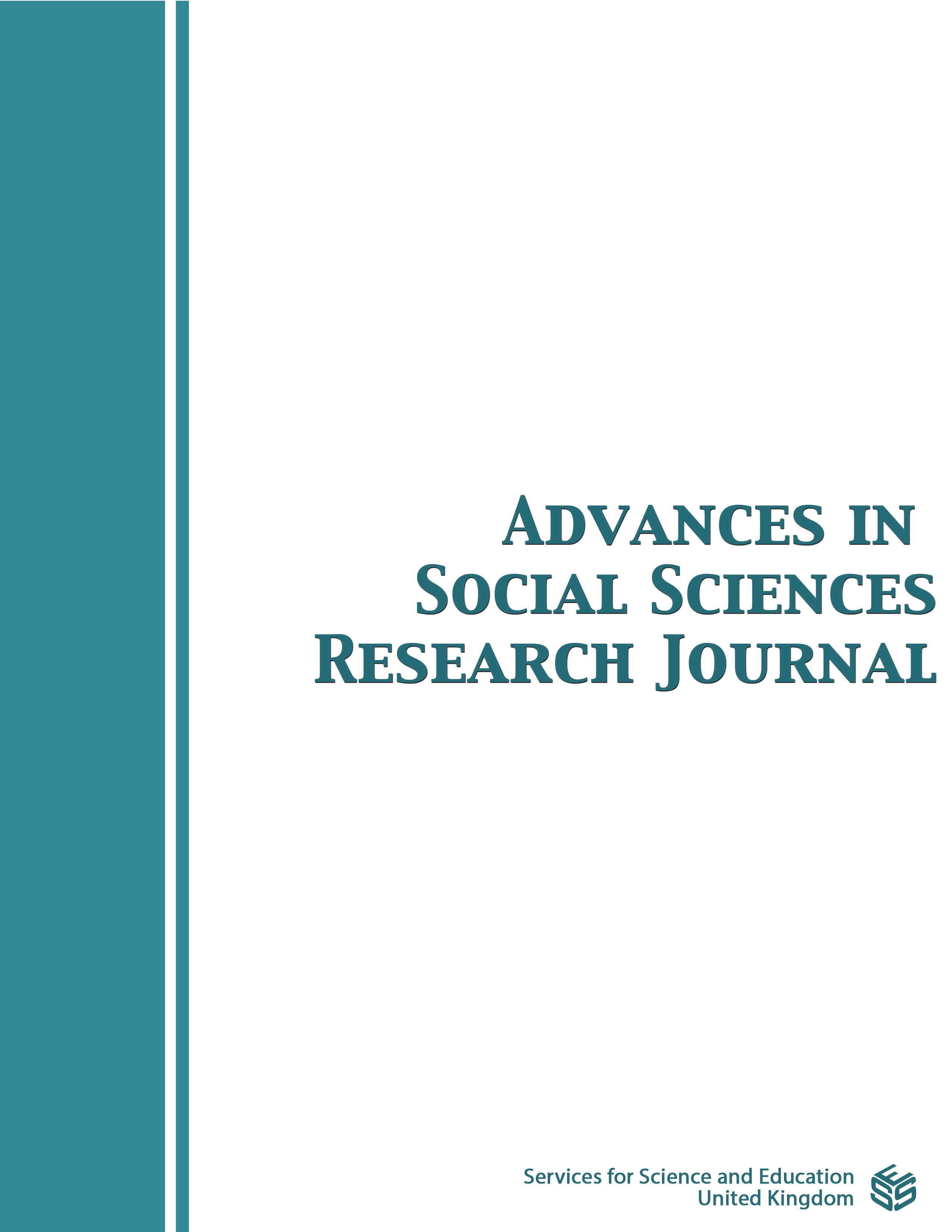Empirical Analysis of the Impact of Debt Servicing on the Performance of the Nigerian Economy
DOI:
https://doi.org/10.14738/assrj.1110.17747Keywords:
Growth Rate of Gross Domestic Product, Debt Servicing, Auto-Regressive Distributed Lag Model (ARDL)Abstract
The study interrogates the impact of debt servicing on the performance of the Nigerian economy. Using yearly time series data from 1980 to 2022 obtained from Debt Management Office, Central Bank of Nigeria and the World Bank National Account. The dependent variable in the model was Growth Rate of Gross Domestic Product (GRGDP), and the explanatory variables were External Debt Service (EDS), Domestic Debt Service (DDS), Interest Rate (INR) and Exchange Rate (EXR). The methodology utilized was the popular Auto-Regressive Distributed Lag (ARDL) model. Findings reveal that in the long run, EDS has a positive though insignificant nexus to GRGDP. For DDS the relationship is a significant negative association with GRGDP. Whilst for Exchange Rate a positive and significant relationship was found. INR had a positive but insignificant nexus to GRGDP. Based on the findings the study recommended the review of Nigeria’s debt sustainability plan, imposition of strict limits on amount to borrow, type and the sources from where to borrow. Also, Nigeria government should ensure that debt or borrowings are channeled towards project that are self-liquidating and infrastructure development as well as minimize the use of huge debt to finance recurrent expenditures.
Downloads
Published
How to Cite
Issue
Section
License
Copyright (c) 2024 Okosu, Napoleon David

This work is licensed under a Creative Commons Attribution 4.0 International License.
Authors wishing to include figures, tables, or text passages that have already been published elsewhere are required to obtain permission from the copyright owner(s) for both the print and online format and to include evidence that such permission has been granted when submitting their papers. Any material received without such evidence will be assumed to originate from the authors.






